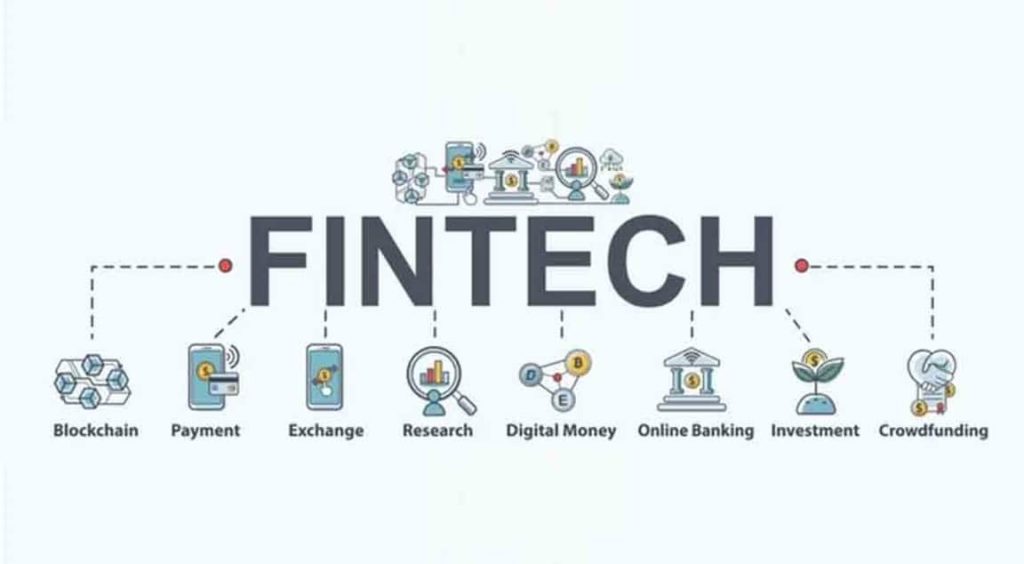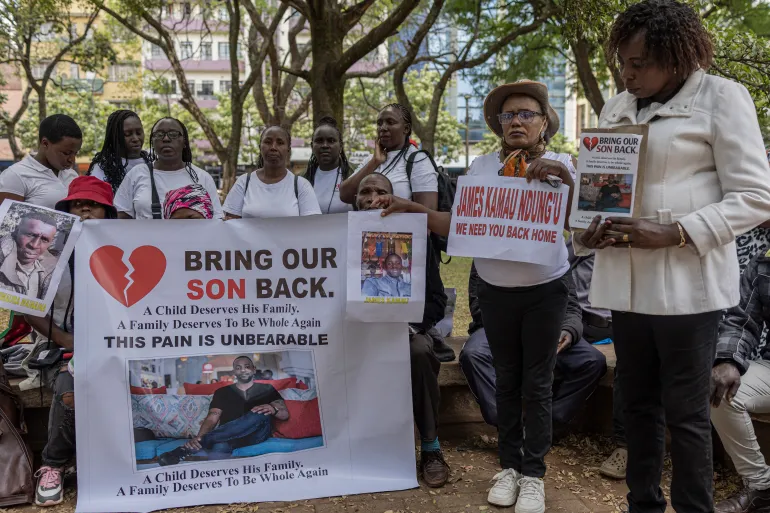In the bustling markets of Accra and the remote villages of the Northern Region, a financial revolution is quietly unfolding. Ghana, a country where nearly 40% of adults remain unbanked, is witnessing the rise of innovative FinTech solutions that are bringing financial services to the fingertips of millions. Driven by forward-thinking nonprofits and social enterprises, this FinTech revolution is not just about banking—it’s about financial inclusion, economic empowerment, and building a more equitable society.
The Challenge of Financial Inclusion
For decades, traditional banking models have struggled to serve Ghana’s diverse population effectively. High operational costs, lack of formal documentation, and low financial literacy have left millions outside the formal financial system, relying on cash transactions and informal savings methods.
“The traditional banking model simply wasn’t designed for the realities of many Ghanaians,” explains Dr. Yaw Oppong, an economist at the University of Ghana. “We needed a paradigm shift, and that’s exactly what FinTech is providing.”
Mobile Money: The Game Changer
At the forefront of Ghana’s FinTech revolution is mobile money. With mobile phone penetration exceeding 100% (many Ghanaians own multiple SIM cards), mobile-based financial services have become a powerful tool for financial inclusion.
MTN Mobile Money, launched in 2009, was a pioneer in this space. However, it’s the innovative applications of mobile money by social enterprises and nonprofits that are truly transforming lives.
One such organization is Farmerline, a social enterprise that combines mobile money with agricultural information services. Through their Mergdata platform, Farmerline provides smallholder farmers with access to financial services, market information, and weather forecasts.
“For many farmers, a mobile phone is now doubling as a bank branch, a weather station, and a marketplace,” says Alloysius Attah, Farmerline’s co-founder. “We’re not just providing financial services; we’re empowering farmers with the tools and information they need to increase their yields and incomes.”
Microfinance Goes Digital
Ghana has a rich tradition of microfinance, with susu collectors (traditional savings groups) playing a crucial role in informal finance for centuries. Now, FinTech is bringing these age-old practices into the digital age.
People’s Pension Trust (PPT), a social enterprise founded in 2016, is leveraging mobile technology to provide micro-pension services to informal sector workers. Users can make small, frequent contributions via mobile money, building up a pension pot that was previously out of reach for many.
“We’re digitalizing trust,” says Saqib Nazir, PPT’s CEO. “By combining the familiarity of susu with the convenience of mobile money, we’re making long-term savings accessible and attractive to millions of Ghanaians.”
Blockchain for Financial Inclusion
While mobile money has been transformative, some organizations are looking to blockchain technology as the next frontier in financial inclusion.
Bitland, a nonprofit organization based in Kumasi, is using blockchain to address one of the most significant barriers to financial inclusion in Ghana: lack of land titles. By creating a secure, transparent land registry on the blockchain, Bitland is helping Ghanaians prove ownership of their land—a crucial step in accessing credit.
“Land is wealth in Ghana, but only if you can prove you own it,” explains Narigamba Mwinsuubo, Bitland’s founder. “By bringing land titles onto the blockchain, we’re unlocking the economic potential of millions of Ghanaians.”
Digital Credit Scoring: Opening New Doors
Another innovative application of FinTech is in the realm of credit scoring. Traditional credit scoring models, reliant on formal banking history, exclude millions of Ghanaians from accessing loans. Social enterprises like Bloom Impact are changing this paradigm.
Bloom Impact uses artificial intelligence and alternative data sources—such as mobile money transactions and social media activity—to create credit scores for the previously “unscorable.” This opens up new avenues for micro and small businesses to access loans.
“We’re proving that lack of a banking history doesn’t mean lack of creditworthiness,” says Carol Caruso, Bloom Impact’s co-founder. “By looking at different data points, we can assess risk more accurately and extend credit to those who need it most.”
Financial Literacy in the Digital Age
As FinTech solutions proliferate, the need for digital financial literacy has become increasingly apparent. Several nonprofits are stepping up to meet this challenge.
ENACTUS Ghana, a student-led nonprofit, runs a program called “FinTech for All,” which provides digital financial literacy training to rural communities. Using a peer-to-peer model, university students teach community members how to use mobile financial services safely and effectively.
“Technology alone isn’t enough,” says Mabel Quarshie, ENACTUS Ghana’s Program Director. “We need to ensure that people understand these new tools and can use them to improve their financial lives. That’s where education becomes crucial.”
Regulatory Sandbox: Fostering Innovation
The Bank of Ghana has played a crucial role in fostering this FinTech revolution. In 2019, it launched a Regulatory Sandbox, providing a controlled environment for FinTech startups to test innovative products without being subject to all standard regulatory requirements.
This approach has allowed social enterprises like Nokwary Technologies, which is developing voice-activated banking services in local languages, to refine their products and prove their viability.
Challenges and Opportunities
Despite the progress, challenges remain. Issues around data privacy, cybersecurity, and the digital divide between urban and rural areas need to be addressed. There’s also a need for greater interoperability between different FinTech platforms to create a truly inclusive financial ecosystem.
“We’re at a critical juncture,” says Dr. Oppong. “The foundations for a digital financial revolution have been laid. The challenge now is to ensure that this revolution truly serves all Ghanaians, leaving no one behind.”
A Model for Africa
Ghana’s FinTech revolution offers valuable lessons for other African countries seeking to increase financial inclusion. By fostering a conducive regulatory environment, leveraging existing technologies like mobile phones, and encouraging innovation from social enterprises and nonprofits, Ghana is charting a path towards a more inclusive financial future.
“What’s happening in Ghana is truly exciting,” says Elly Ohene-Adu, former Head of Banking at the Bank of Ghana. “We’re not just copying Western financial models; we’re creating uniquely African solutions to African challenges.”
The Road Ahead
As Ghana continues its journey towards universal financial inclusion, the role of nonprofits and social enterprises in the FinTech space will remain crucial. These organizations are not just developing new technologies; they’re reimagining what an inclusive financial system can look like in the digital age.
From the market women in Accra now accepting mobile payments to the cocoa farmers in the Western Region accessing micro-loans through their phones, Ghana’s FinTech revolution is changing lives one transaction at a time. As the country builds a more inclusive financial system, it’s not just banking the unbanked—it’s unlocking the economic potential of millions and paving the way for a more prosperous, equitable future.























